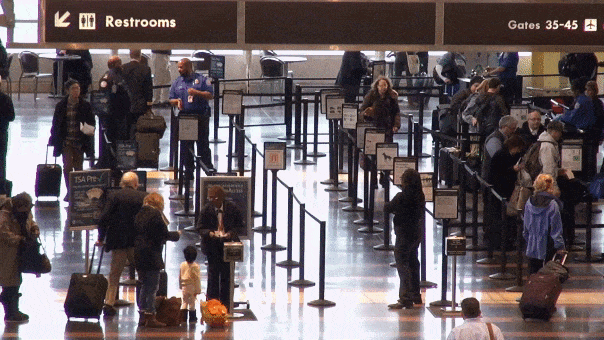Traveling to another country can be extremely taxing on your health. While a new environment, new food and a different climate can be exciting, they also require your body to make major adjustments to its regular routine. As a result, your health can begin to suffer which may ultimately place your entire trip in jeopardy. Taking the necessary precautions before you travel can help to reduce the risk of getting ill. Here are five things to consider before embarking on a trip abroad.
Get inoculated
When traveling to a more exotic location, getting the appropriate immunizations is critical to staying safe and healthy. The exact vaccinations required will vary depending on which country you visit, but a medical professional can advise you on the necessary shots. Some of the more common inoculations include typhoid and yellow fever, malaria, hepatitis A and B, and rabies. Be sure to schedule an appointment with your doctor well in advance of your trip, in case any immunization requires more than one visit.
Travel Insurance
In the event of an emergency, travel insurance can be a lifesaving investment. If you’ve already got health insurance, be sure to call your insurer before taking a trip to confirm that your policy applies overseas and covers emergency expenses such as medical evacuation. If not, you’ll need to purchase a temporary travel insurance policy before embarking.
Prevent Jet Lag
A change in time zones while traveling can scramble your internal clock, leaving you sluggish and tired for days, or even weeks. This sleep deprivation can lower your immune system, leaving you more susceptible to disease and infection. In order to combat this, try easing yourself into the new time zone by adjusting your sleeping pattern gradually in the days leading up to your flight. Make sure to rest particularly well the night before the flight to prepare your body for the switch.
Manage Prescriptions
If you require regular prescription medication, you’ll need to prepare yourself before taking a trip. Always ensure that you’ve got enough medicine before leaving, and be sure to store it in your carry on, in case your luggage gets lost. Depending on your medical requirements, it may also be wise to bring written prescriptions for all your drugs in the event they get lost or stolen.
Drinking Water
It’s important to stay hydrated, particularly when traveling to warm climates, but the tap water in your area may not be safe to drink. Even if the locals drink it regularly, your body may not be adjusted to the bacteria in a foreign country’s drinking water, which can cause ailments like upset stomach and diarrhea. Before you leave, you’ll need to identify any potential water safety issues in your destination and plan accordingly. If you’re planning to visit an area without safe and readily available drinking water, you might consider packing a portable water filter and consulting your doctor about any necessary vaccinations.








































